Jaguar I-Pace India Review: First Drive
Jaguar’s first EV to be launched in India – the I-Pace – is fashionably late, persuasively practical, and predictably engaging. We take it for a spin to bring you a detailed review
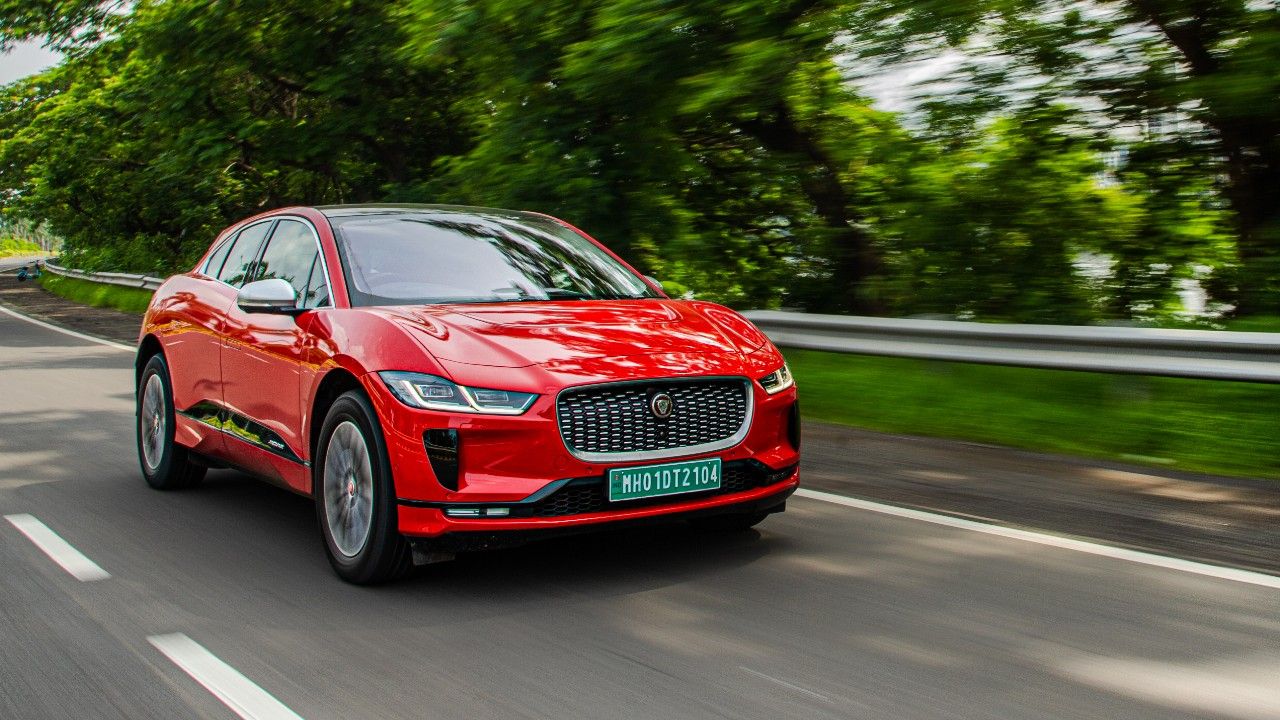
Jaguar’s first EV to be launched in India – the I-Pace – is fashionably late, persuasively practical, and predictably engaging.
Earlier this year, Jaguar boldly announced its plan for the future, and unsurprisingly, it has electrification written all over it. The British carmaker aims to become an electric-only brand by 2025. And it makes sense, for EVs are the future of personal mobility and are rapidly gaining popularity in the global market; however, things are different in India – here, EVs are still a means of an alternative lifestyle.
So, recently we got our hands on the I-Pace – the first step in Jaguar’s EV journey in India. We spent some time with it with two questions in mind – can it really set the tone for the brand’s EV plans in India, and, more importantly, does it offer the quintessential Jaguar dynamics, which make ICE-powered Jaguars ever so enjoyable. So, without further ado, let’s get down to it.
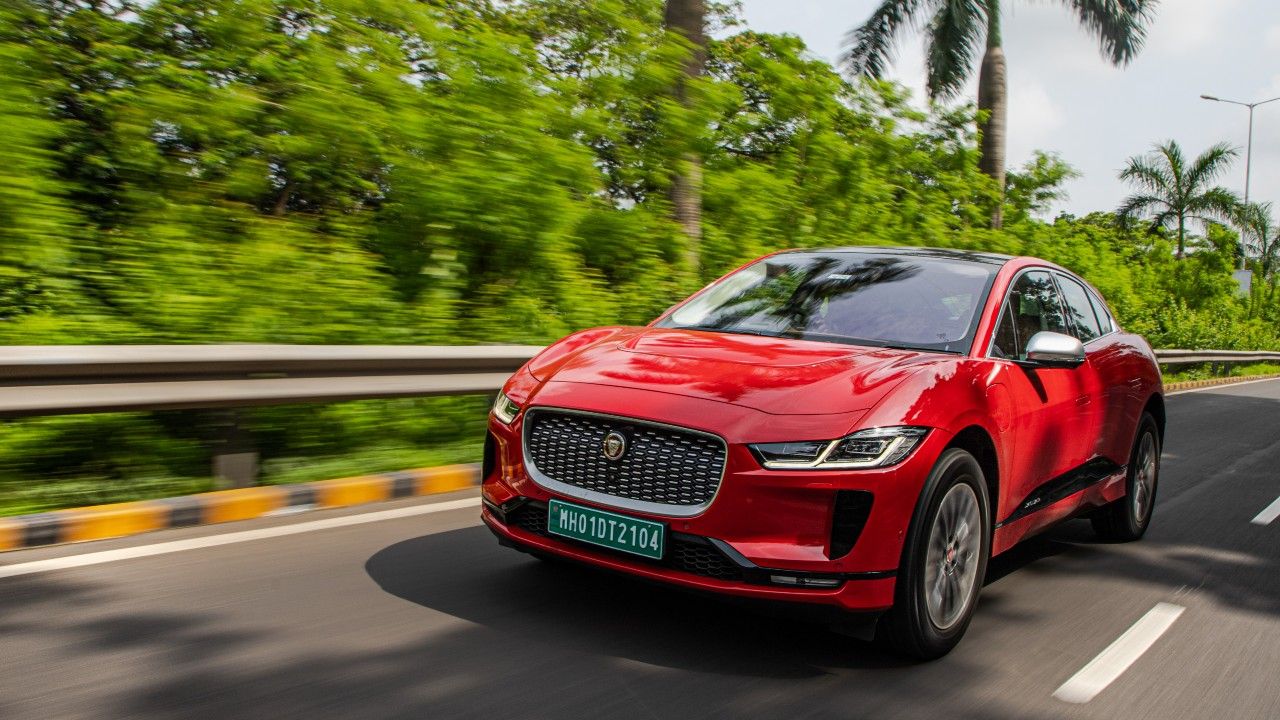
Power Through
Let’s begin with the important stuff first. With 395bhp and nearly 700Nm on tap, the I-Pace is incredibly fast. Jaguar claims that the I-Pace manages the 0 – 100km/h run in just 4.8 seconds, which is quite impressive, given its 2.2 tonnes of weight. Unlike ICE-powered cars, the e-Jag gets all of its torque right from a standstill, which makes it always eager to shoot forward. The outright acceleration and the instantaneous power delivery can get quite addictive. It also makes quick overtakes a walk in the park. Even a slight press of the A-pedal gives the car a high dose of adrenaline, and before you realise it, you find yourself breaking all sorts of legal speed limits. And the best thing is that all this happens in a very calm manner. The cabin is extremely well insulated from outside noise – the only sound you hear is the mellow hum of the electric motor.
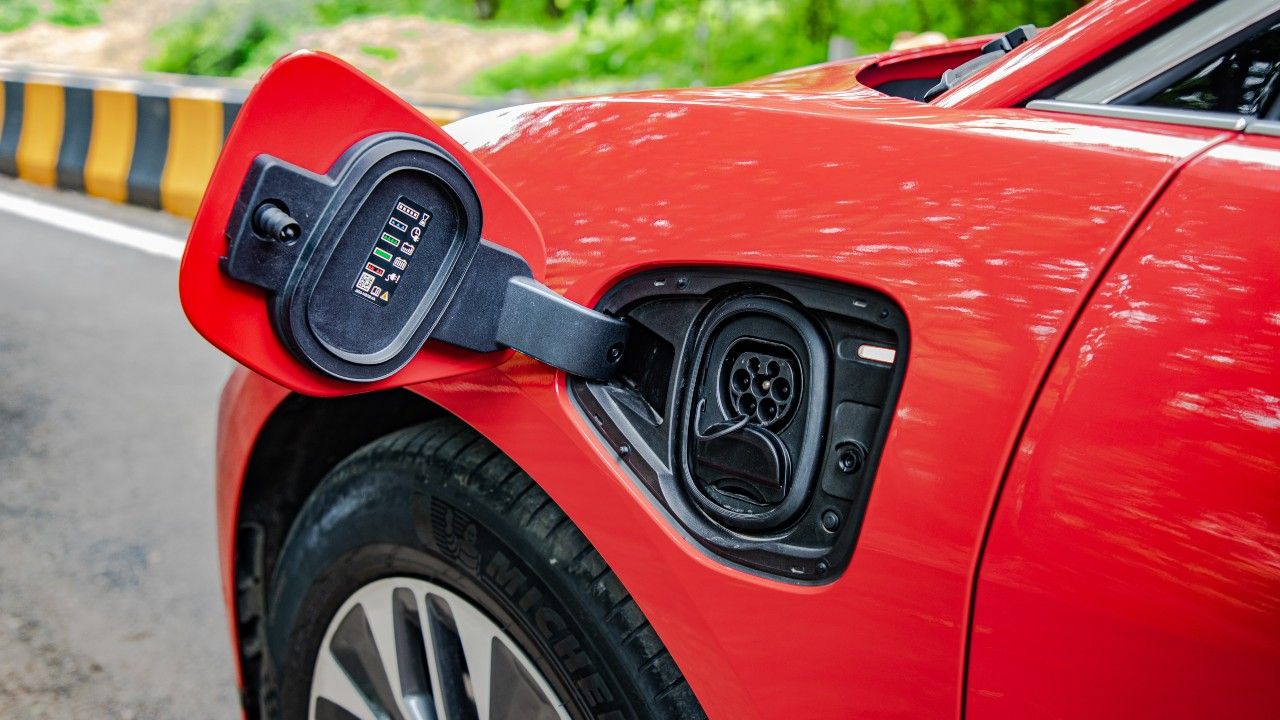
While the I-Pace has a claimed range of 470km as per the WLTP test cycle, a real-world test is sure to reduce the range for two reasons. First, using the lights, music system, and other features will eat into the overall driving range – in fact, just switching on the air conditioner reduces the range by a distressing 50km. And second, given the thrilling performance of the I-Pace, it’s hard not to go all guns blazing every time you find yourself at the front at a traffic light. Having said that, the I-Pace will possibly be a second car for a lot of buyers and is more likely to be used primarily within the city. With that in mind, a real-world range of more than 300km is enough to last for around a week for most people.
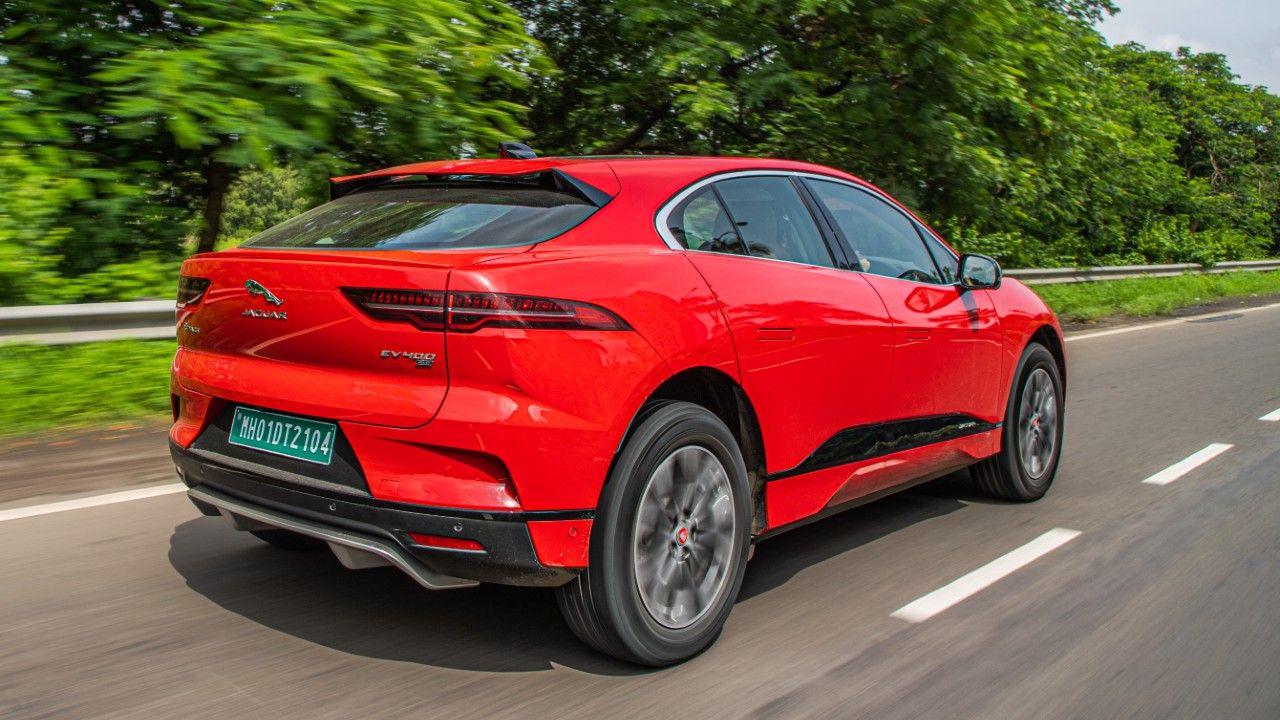
Another aspect of the I-Pace that really impressed us is its handling. In ICE cars, the front-end sometimes tends to feel heavy, owing to the engine’s placement, which results in some understeer. With two motors mounted on each axle, the I-Pace’s weight is equally distributed. And since the battery is mounted at the base, it has a low centre of gravity. All this endows the I-Pace with driving dynamics that you’d expect from a Jaguar. Thanks to the all-wheel-drive system, there’s enough grip, but if you want to get a bit racy, switching off the traction control should do the trick.
The I-Pace really captivates you with its balance – it’s playful and reassuring in equal measure, just like most other ICE Jags. And the well-weighted steering is another reason to push the I-Pace hard.
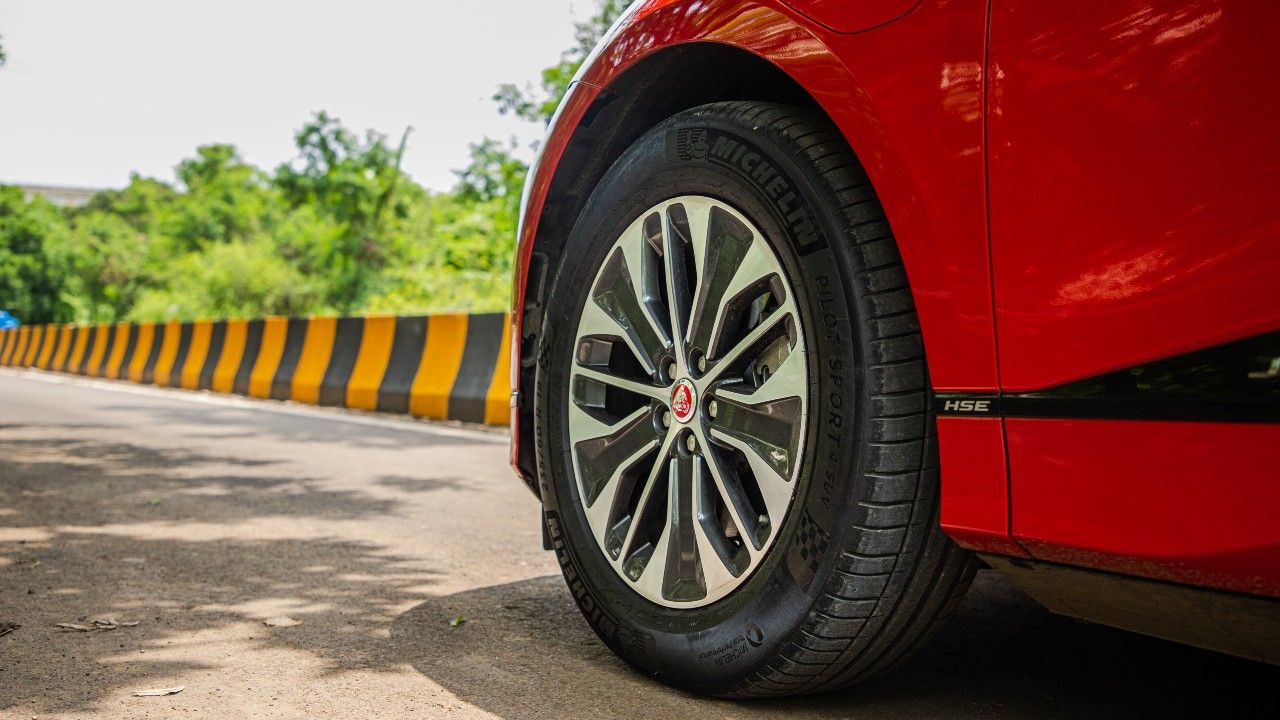
Even with its firm suspension and agile behaviour, the I-Pace rides extremely well on bad roads. Our test car was equipped with optional air suspension, which costs an extra Rs 1.5 lakh, and we believe that it’s worth every penny. While in the international market, the I-Pace comes with a 20-inch wheel option, here in India, the I-Pace is offered with 18 or 19-inch wheels. The 235 / 60 section Michelin Pilot Sport 4 rubber that our test car was fitted with offered good grip without compromising on the ride. Braking prowess could have been better, especially given its incredibly fast acceleration.
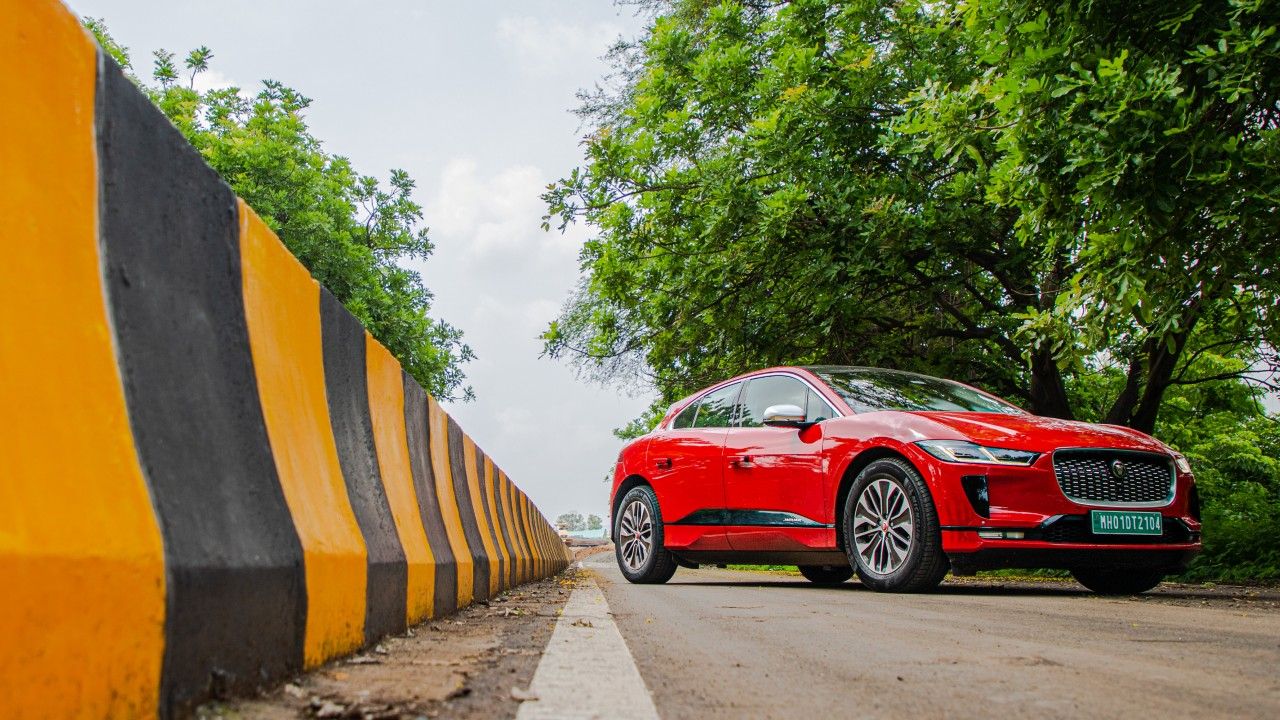
Textbook Jag
While the I-Pace’s heart is certainly a deviation from the norm, its design is signature Jag – something that quite evident from the front-end. The long bonnet, rectangular, grille and sleek LED headlamps, all are pages borrowed from Jaguar’s design handbook. It even bears some resemblance with the F-Type sportscar from certain angles. But what’s interesting is that despite all these similarities, the I-Pace manages to set itself apart. It’s Ian Callum doing what he does best. I just love how the air dams on the front bumper allow the flow of air through the ducts in the bonnet and onwards to the back – something that gives it a coefficient of drag of just 0.29.
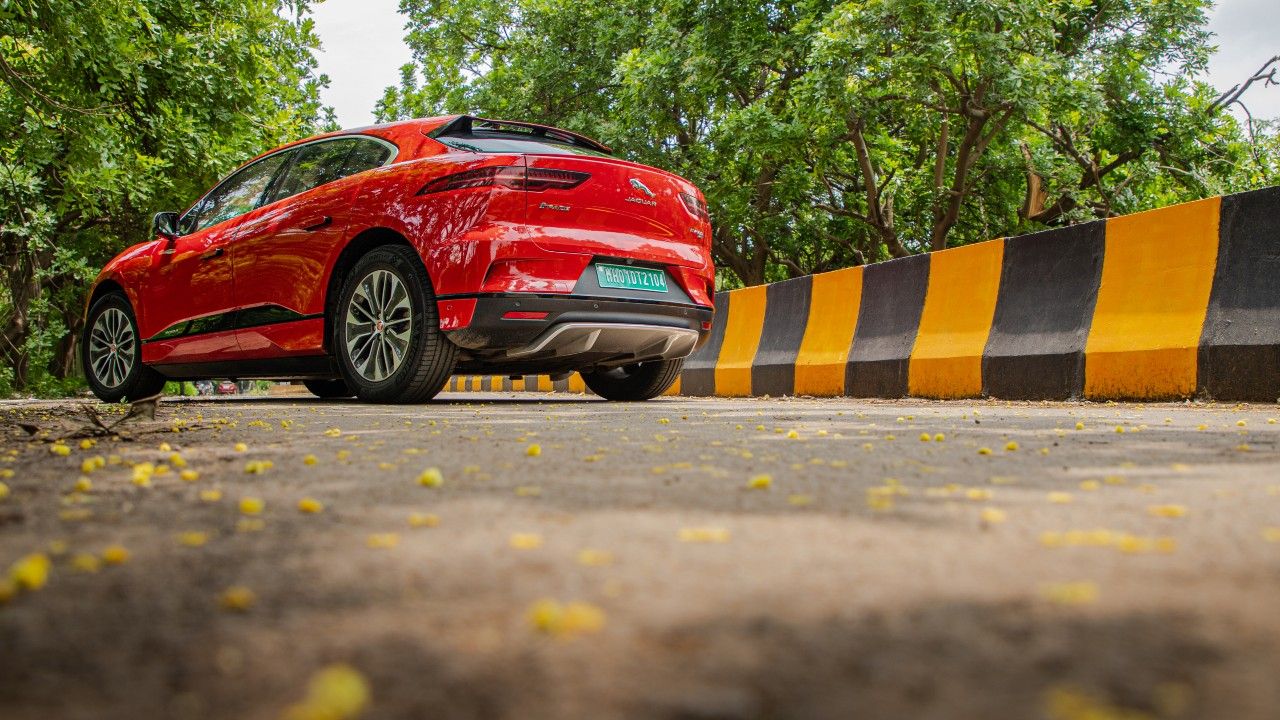
The rear, however, seems a bit polarising, to me at least. While the I-Pace’s lines flow smoothly for the most part, the tail section ends a bit too abruptly. The large rear diffuser deserves a special mention – I think, it adds vigour to the I-Pace’s overall appeal.
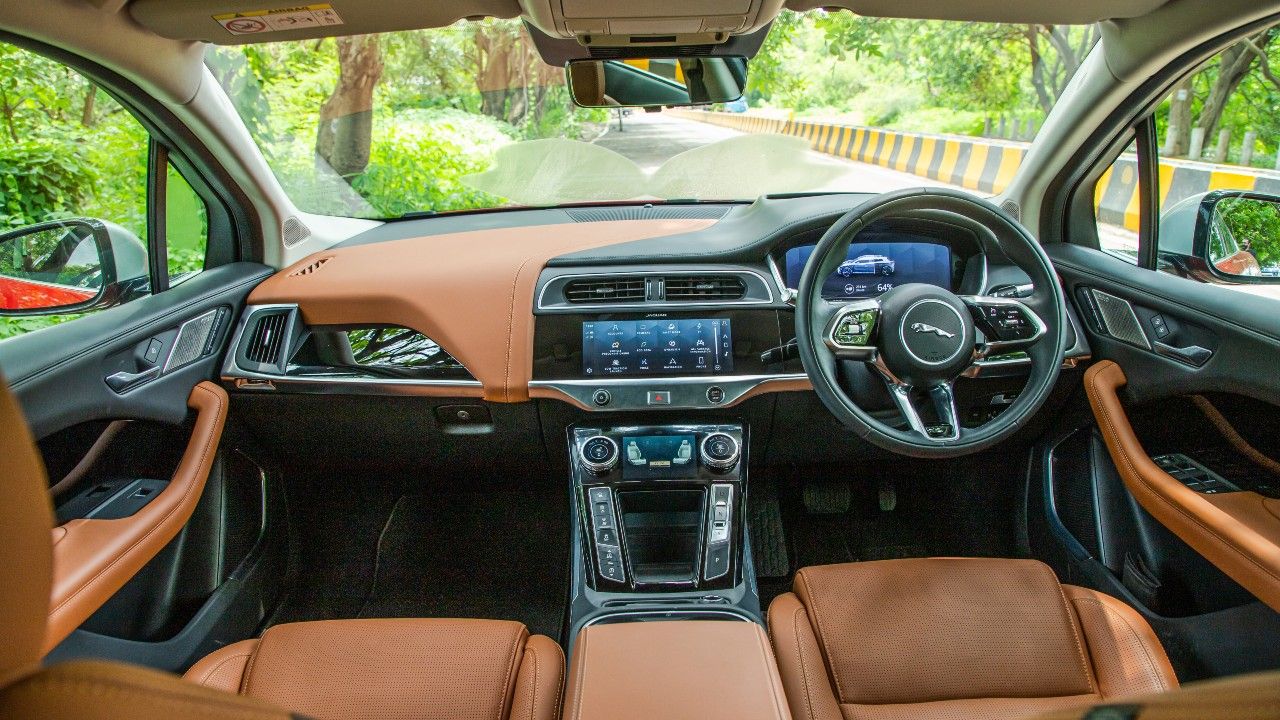
I-space
Everything inside the I-Pace’s cabin Pace has an opulent and swanky feel to it. The soft-touch leather-wrapped dash, gloss-black applique, and well-bolstered front seats, all radiate richness and luxury. There is ample space for four passengers, and thanks to the large panoramic sunroof, the cabin feels sufficiently airy too. The sunroof, however, can’t be opened, which makes it completely idiot-proof – I simply love it.
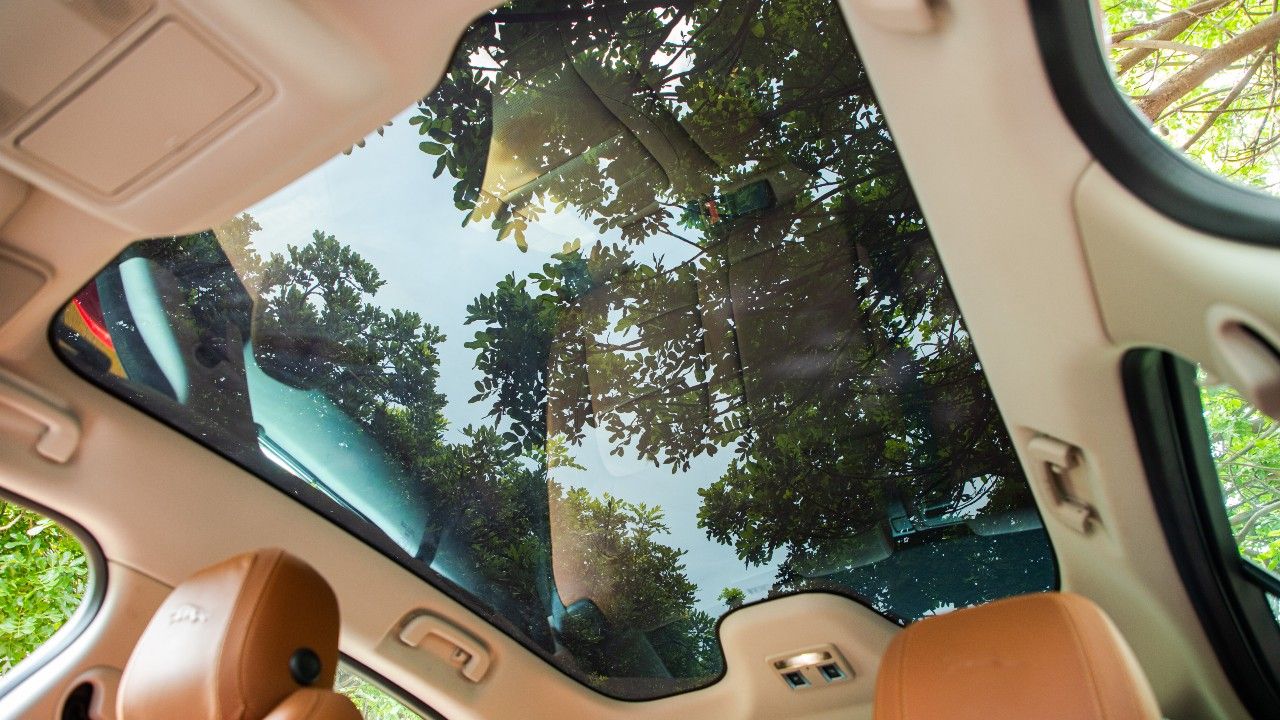
The space at the back is abundant, but the cabin lacks sufficient storage areas. While there is a large storage unit under the central armrest, the door pocket and the glove box are rather small. And although Jaguar claims that the I-Pace has a boot capacity of over 550 litres, the space saver makes it more or less unusable.
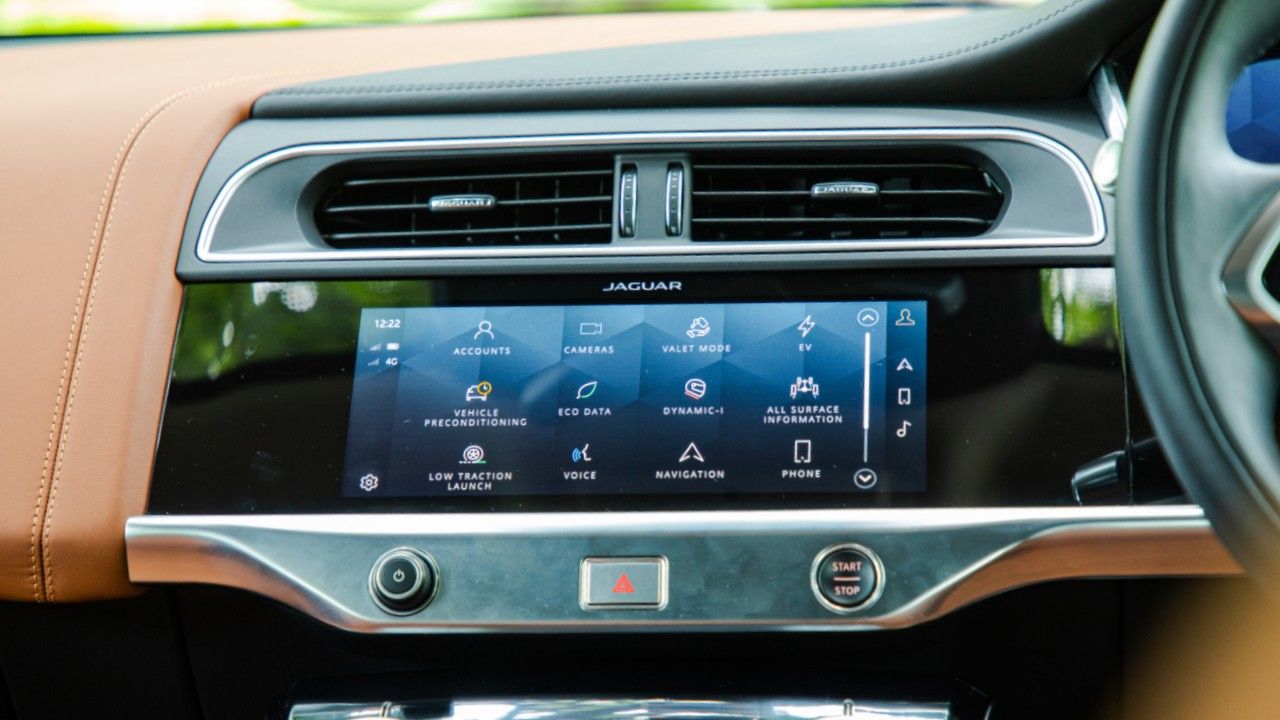
With three screens on the dash, the I-Pace continues the ongoing trend of overloading the cabin with screens. The Pivi Pro screen in the centre is the principal control unit for infotainment, navigation, car settings, and so on. It’s smooth, but the interface takes some time to get used to. A second screen for climate control settings sits below it – thankfully Jaguar hasn’t done away with physical knobs and buttons.
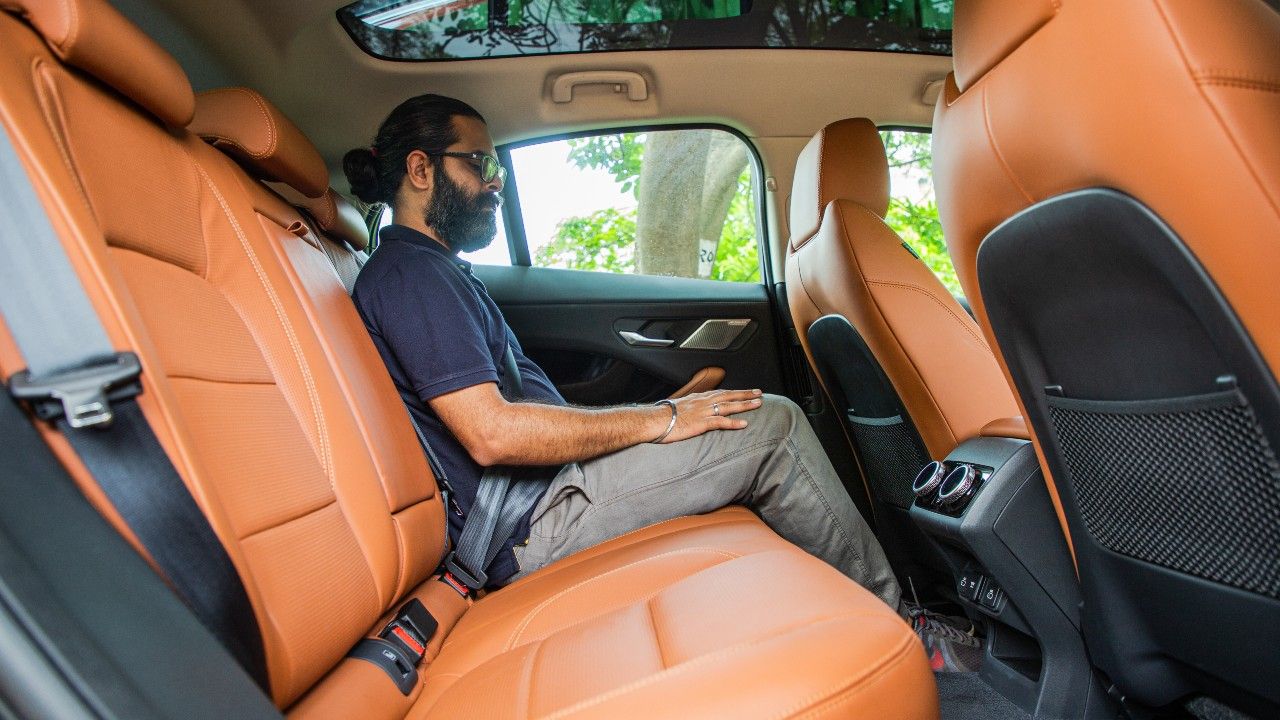
In terms of features, the HSE trim of the I-Pace gets two-zone climate control, 8-way powered front seats, powered tailgate, front & rear parking aid, a Meridian Surround System, and a lot more as standard. Certain feel-good features like a head-up display, wireless charging, and adaptive cruise control, which should be offered as standard, are unfortunately on the options list.
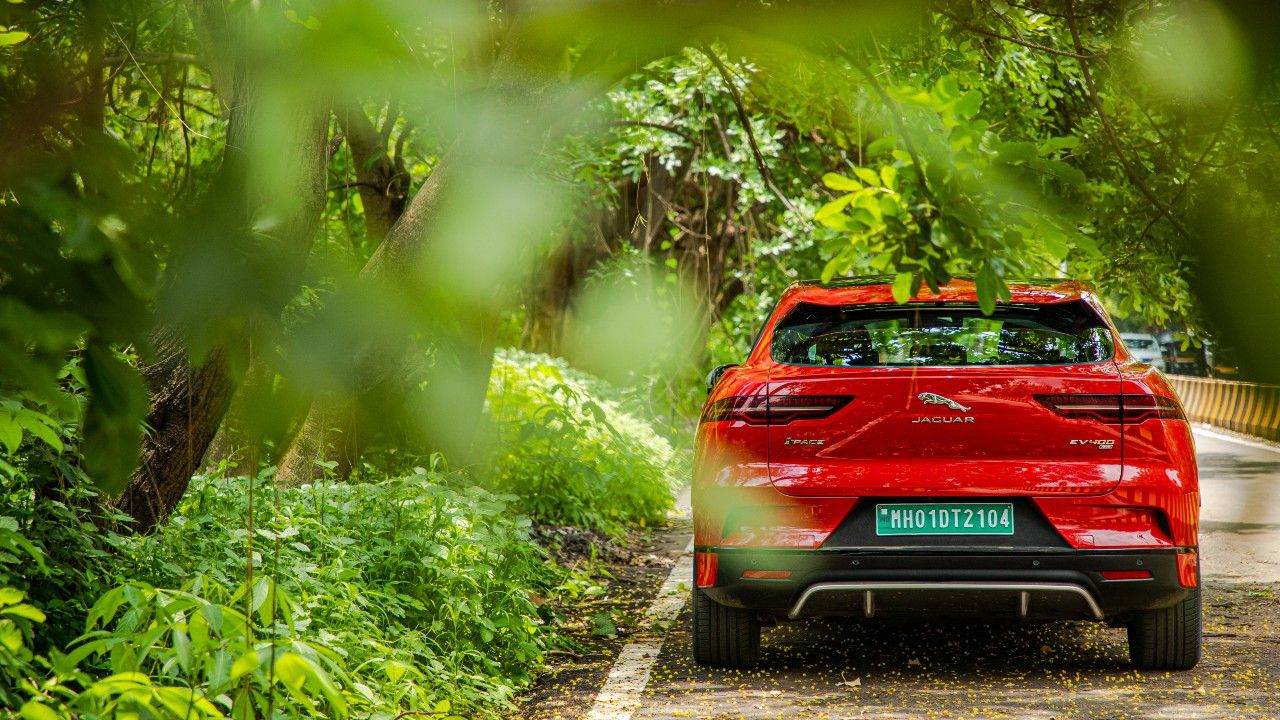
Pacing forward
What Jaguar has done with the I-Pace is truly commendable. It’s a beautiful car in every way imaginable – right from its exterior design to the rich interior. The I-Pace even manages to lay all apprehensions about the usability of EVs to rest with a real-world range of over 300km. The top-spec HSE trim is very well equipped too. But, most importantly, it’s tremendously fun to drive, and in that regard, it truly lives up to the symbol on the grille.
With almost every brand announcing a switch to electric vehicles, petrolheads have been sceptical about what the future holds, but if every EV is as entertaining and wholesome as Jaguar I-Pace, we’d love to welcome the future with open arms.
Also Read:
Motors: Two synchronous permanent magnet motors
Battery: 90kWh Li-ion, liquid-cooled, pouch cells
Transmission: Single-speed epicyclic transmission, concentric with motor / All-Wheel Drive
Power: 395bhp (combined)
Torque: 696Nm (combined)
Top Speed: 200km/h
Acceleration: 0 – 100km/h in 4.8 seconds
Range: 470kms (claimed)
X-Factor: Fast, emotive, and practical – just the kind of EV we love!
|
Pros • Great Handling |
Cons • Stopping power |
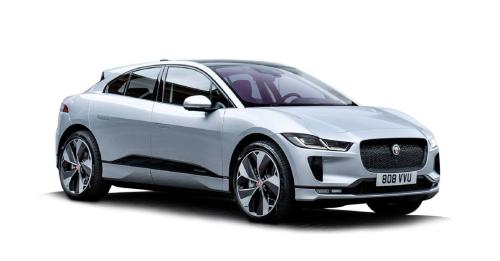
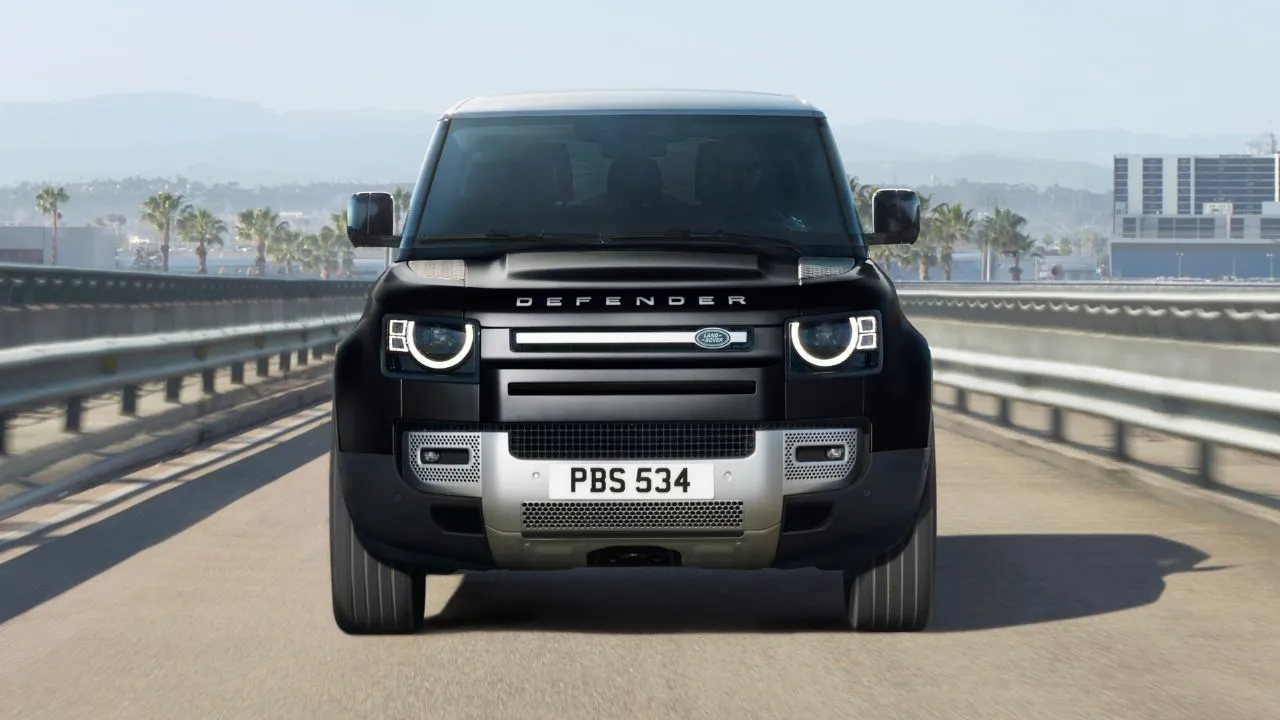
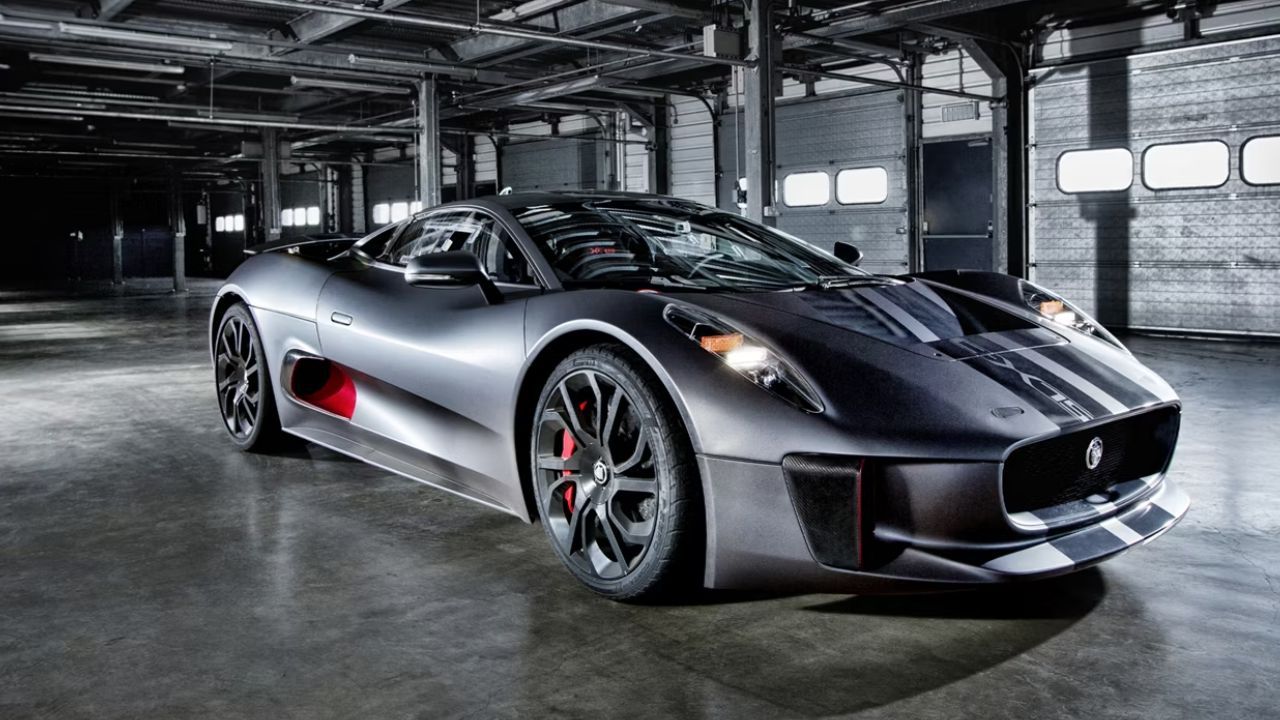
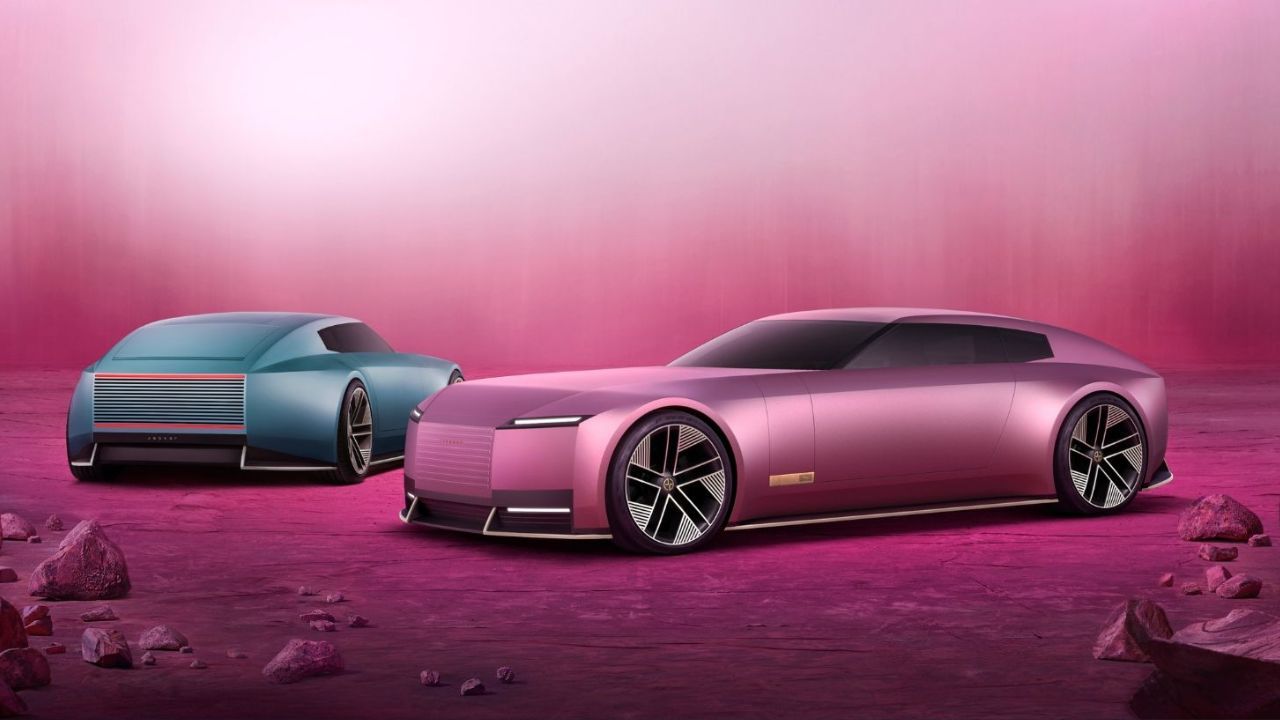
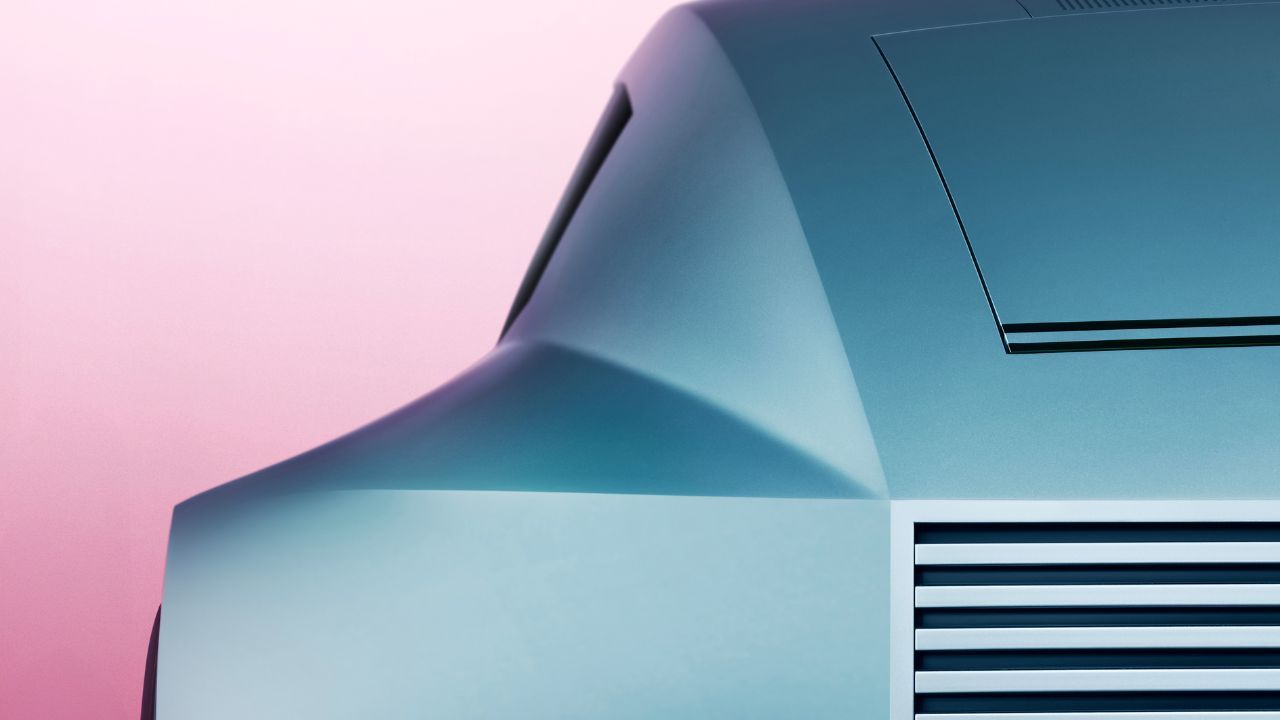

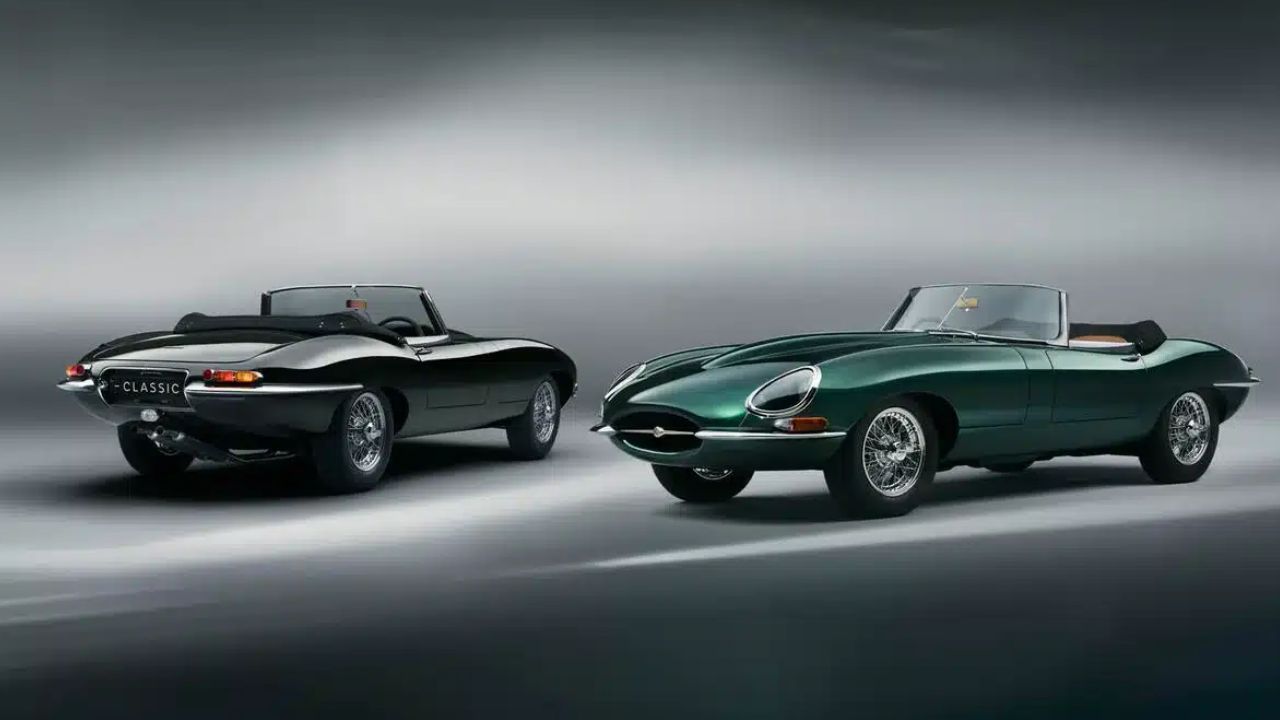
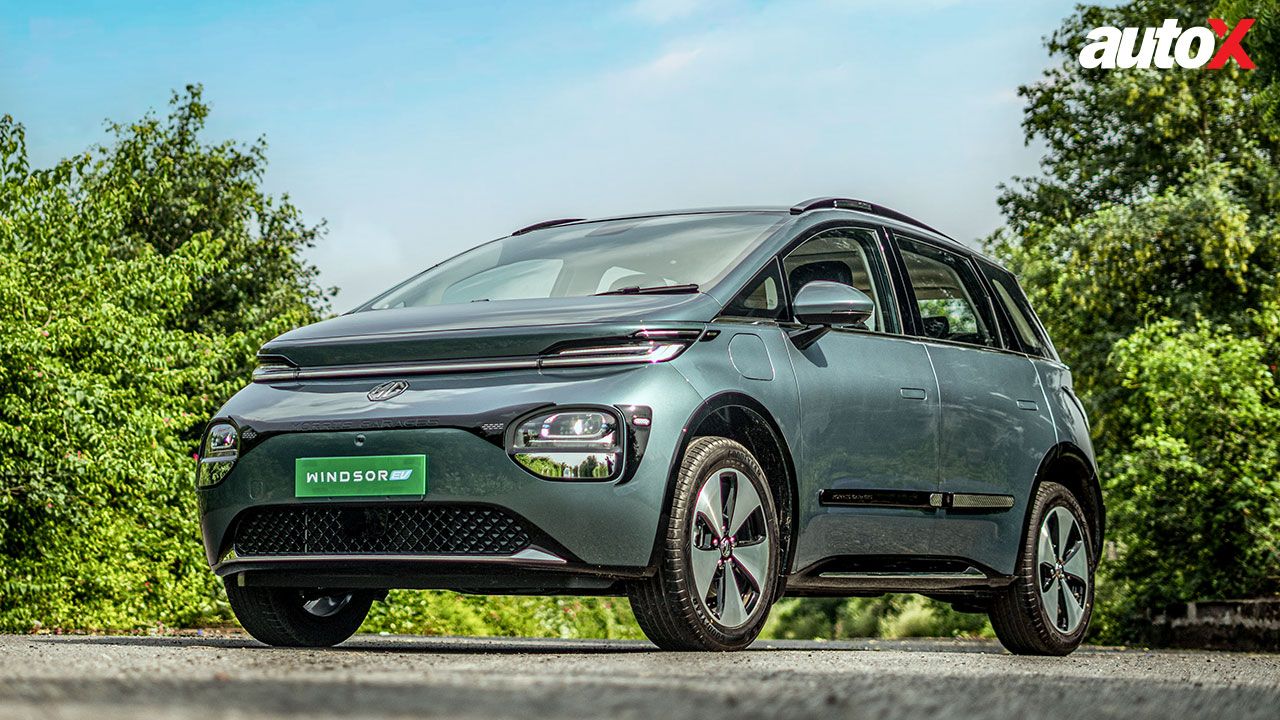

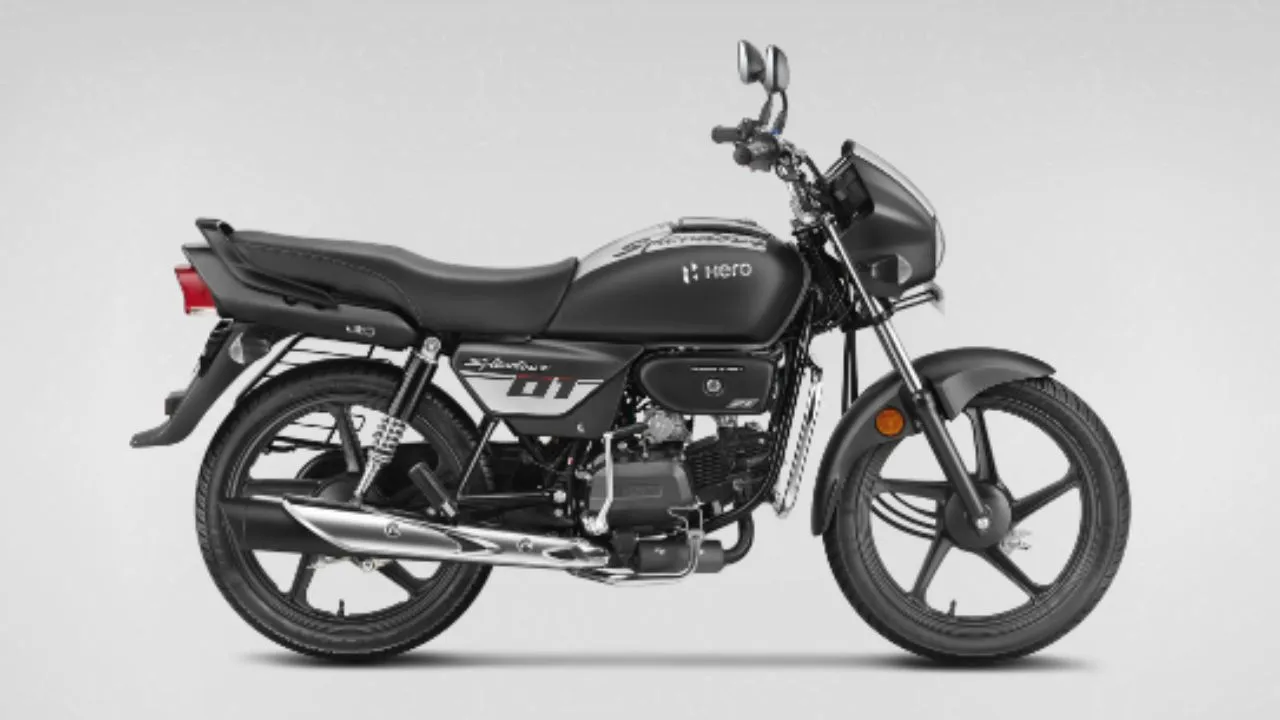
.webp)
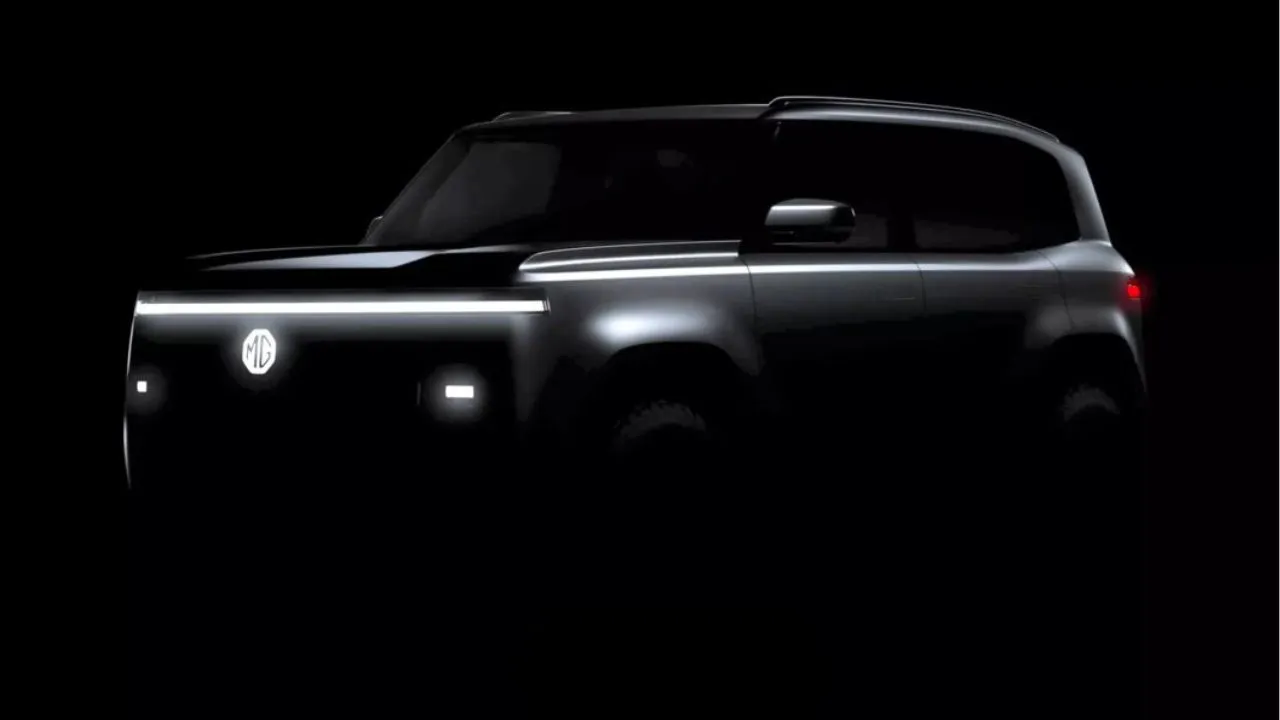
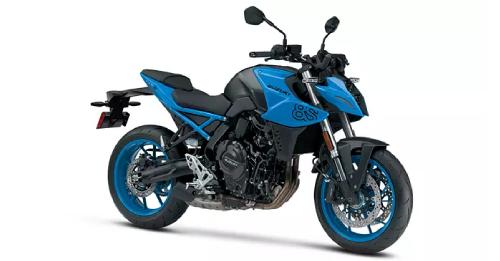
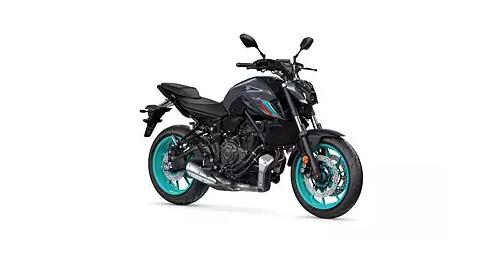
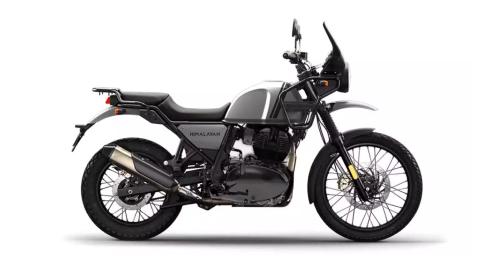
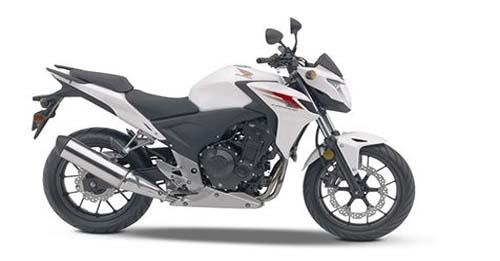
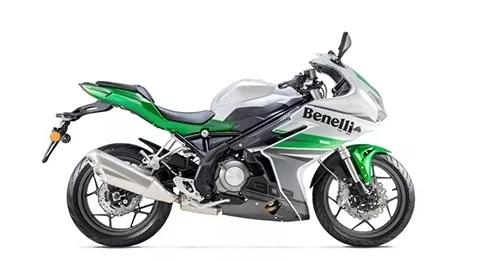














Write your Comment on